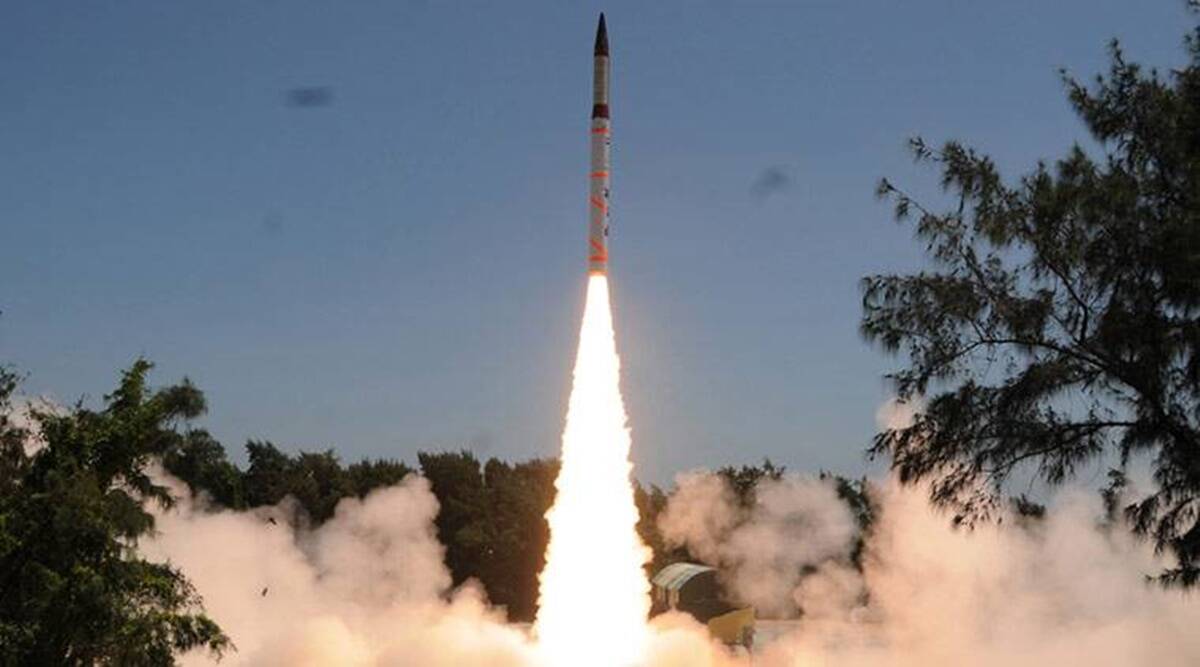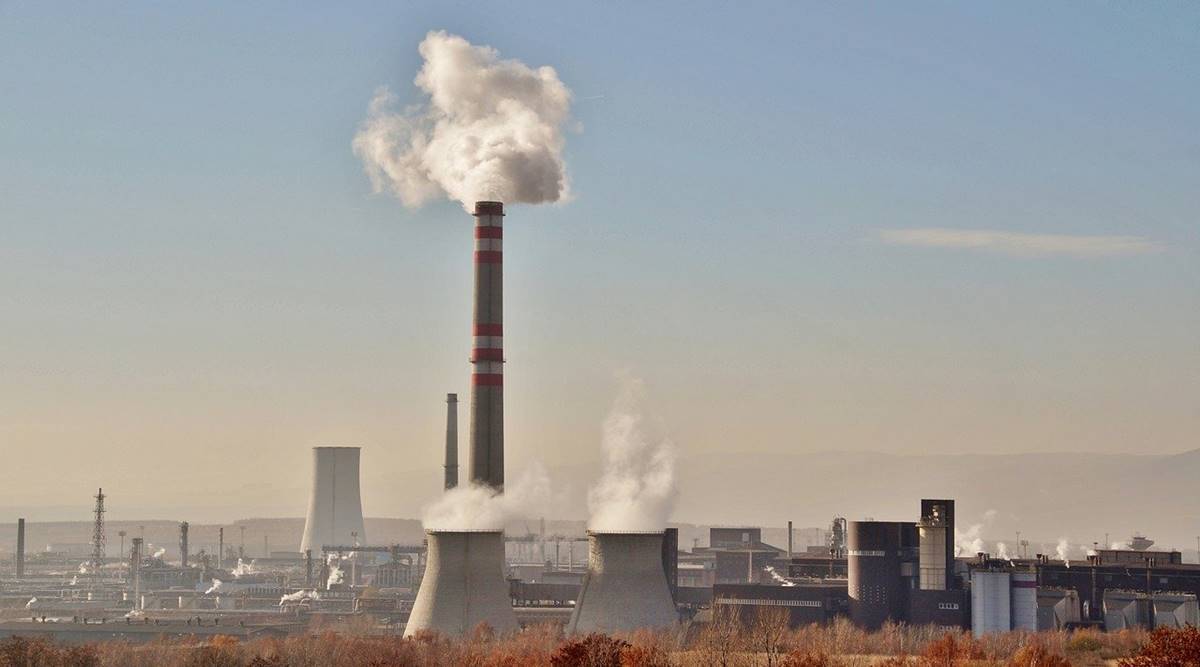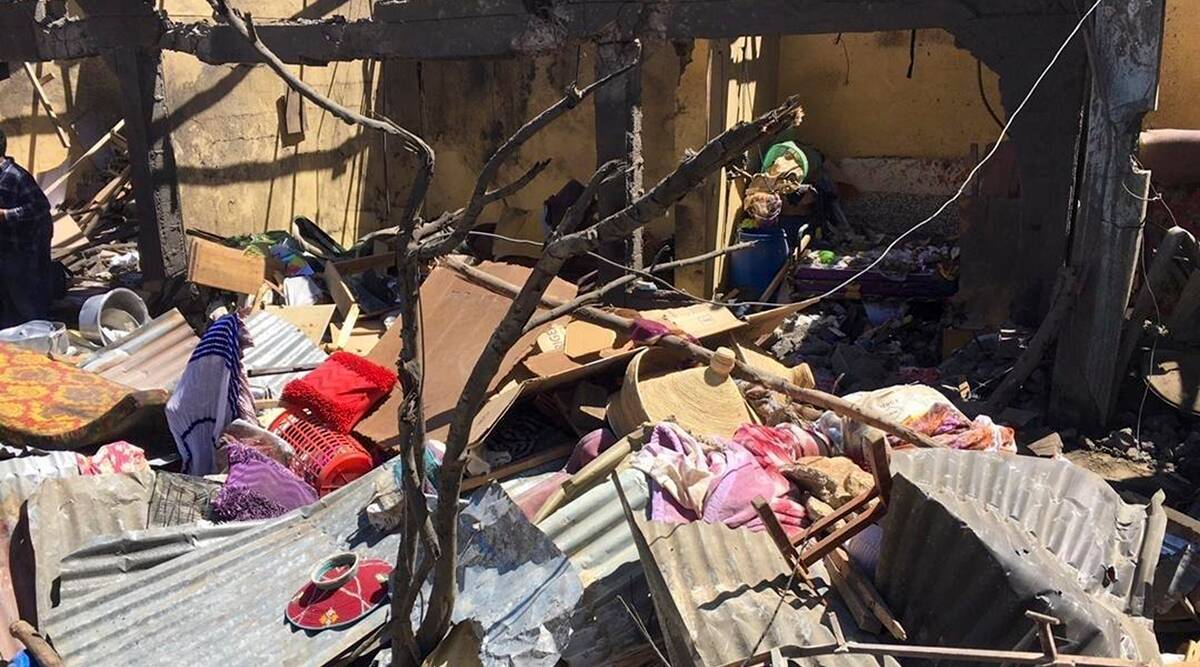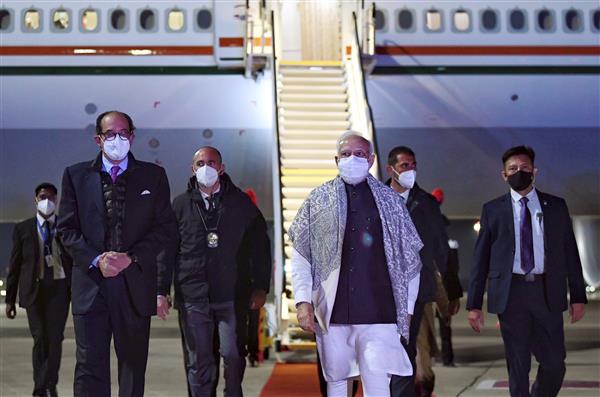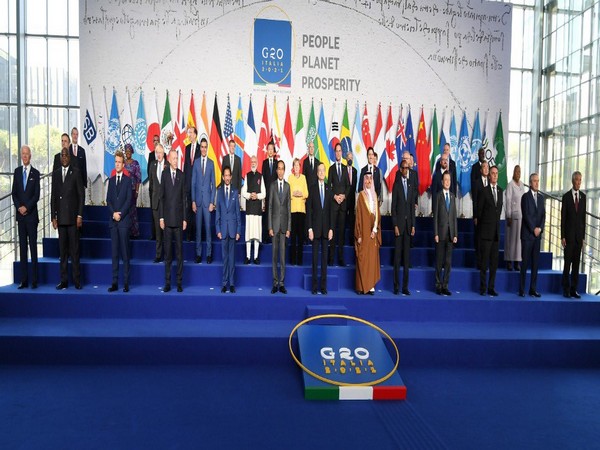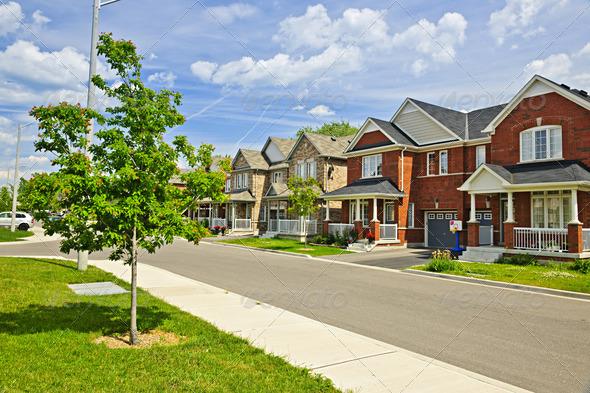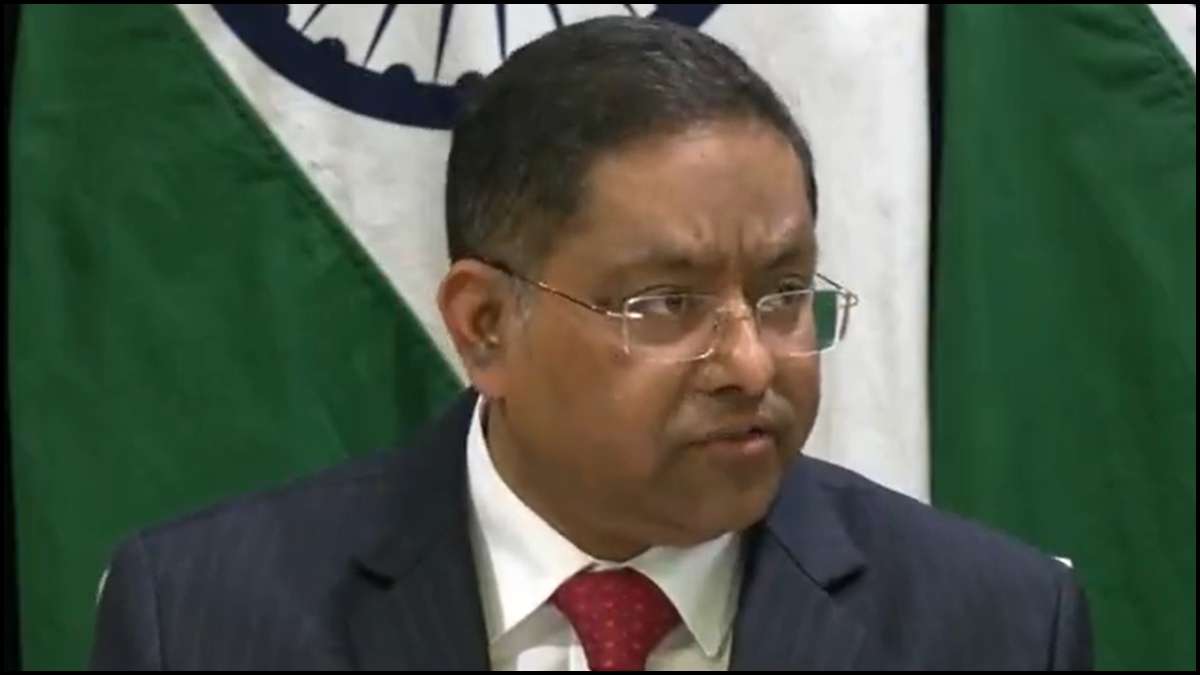
11/26/2025
New Delhi, Nov. 26: Reacting sharply to Pakistan’s criticism of Indian Prime Minister Narendra Modi hoisting a flag at the Ram Temple in Ayodhya, the Ministry of External Affairs Wednesday dismissed the remarks, saying “Pakistan would do better to focus on its own abysmal human rights record”.
Addressing a press briefing, MEA spokesperson Randhir Jaiswal said Pakistan, given its “deeply stained record of bigotry, repression, and systemic mistreatment of minorities”, has “no moral standing to lecture others”. He added that instead of issuing “hypocritical homilies”, Islamabad should “look inward and address its own abysmal human rights record”.
Prime Minister Narendra Modi on Tuesday hoisted the sacred flag atop the Ram Janmabhoomi Temple, marking a significant moment in its inauguration.
Pakistan has criticised India on the flag-hoisting ceremony at the Ram Temple in Ayodhya, calling it a troubling signal for minority rights in the country. In a statement Tuesday, Pakistan’s Ministry of Foreign Affairs described the temple as being built on the site of the demolished Babri Masjid and expressed “deep concern” over what it views as rising intolerance and “marginalisation” of Muslims in India.
“Pakistan has noted with deep concern the flag hoisting at the so-called ‘Ram Temple’ constructed on the site of the historic Babri Mosque in Ayodhya. The Babri Mosque, a centuries-old place of worship, was demolished on 6 December 1992 by extremist mobs inspired by fascist ideologies,” the statement reads.
The Pakistan Ministry of Foreign Affairs also criticised the judicial and political processes that followed the demolition, alleging that those responsible were later “acquitted” and that subsequent legal decisions paved the way for constructing the temple.
“The subsequent judicial processes in India, which acquitted those responsible and permitted construction of a temple on the demolished mosque’s site, speak volumes about the Indian state’s discriminatory approach towards minorities,” the statement said.-Agencies
